The Secret To Success Is To Look Unsuccessful
March 19, 2014 in Daily Bulletin
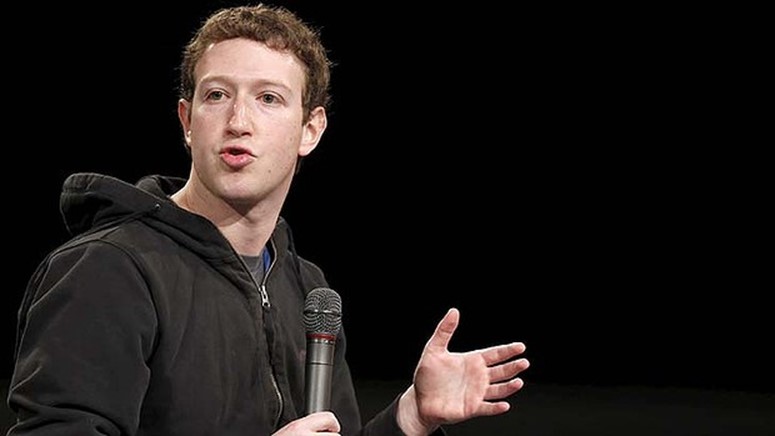
Trying to dress up to earn respect? You should do the opposite writes Shirley S. Wang:
- In one experiment scientists found that if shoppers at luxury stores wore gym clothes then shop assistants are more likely to think that they are about to make a big purchase.
- This is because their informal clothes signify that they are familiar with the environment of the luxury store and don’t feel the need to dress specially for it.
- Bearded professors who wear t-shirts are more respected by students than clean shaven professors that wear a tie.
- Those who use unconventional PowerPoint designs are considered to be more likely to win business competitions than those who stick with the tried and tested.
- There are limits to this. When society thinks that people have mistakenly flouted a norm – by wearing a red bowtie instead of a black one – then people think lowly of them.
- It is only when society thinks that an individual is intentionally flouting a norm that people are impressed by how unimpressive they are.
Read more about the limitations of this finding, other situations where it applies, and more over here.
Source: The Wall Street Journal
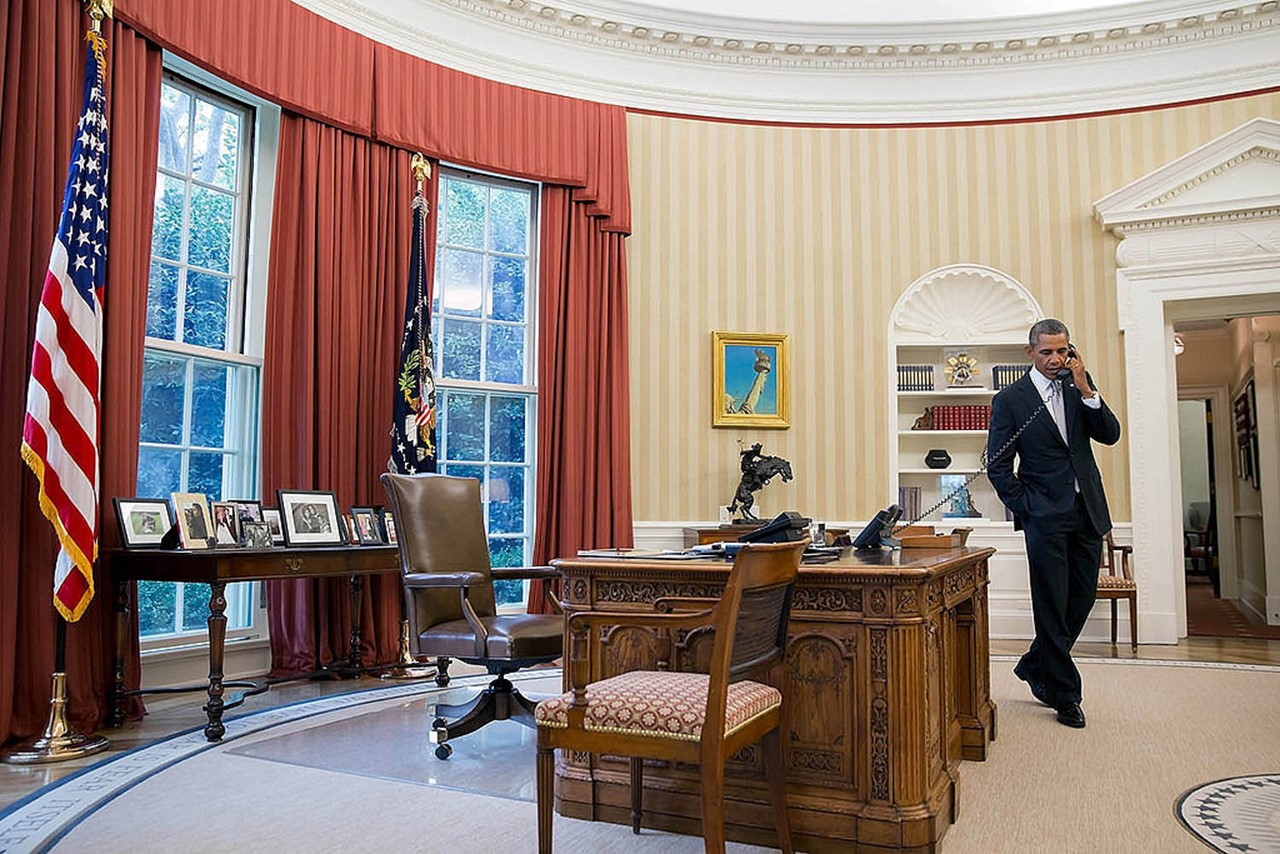
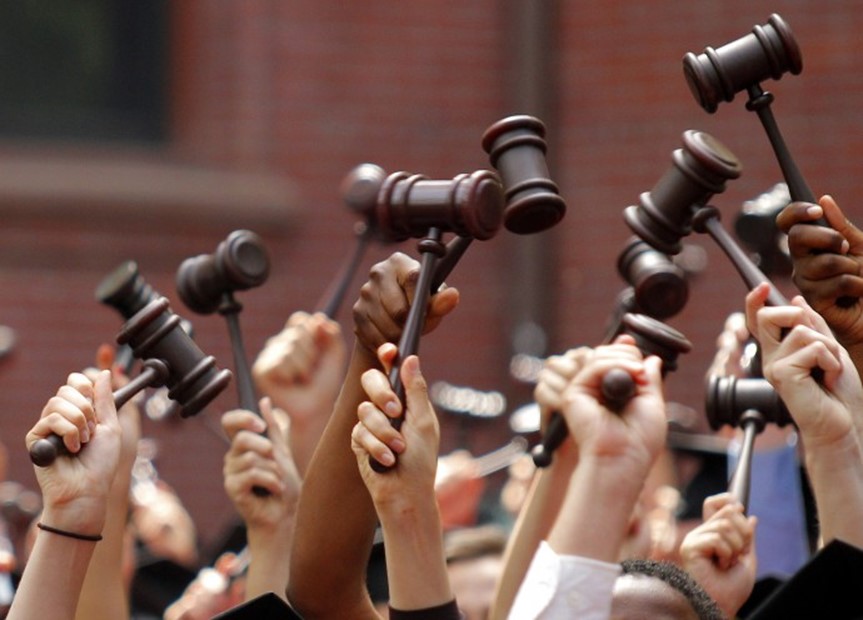





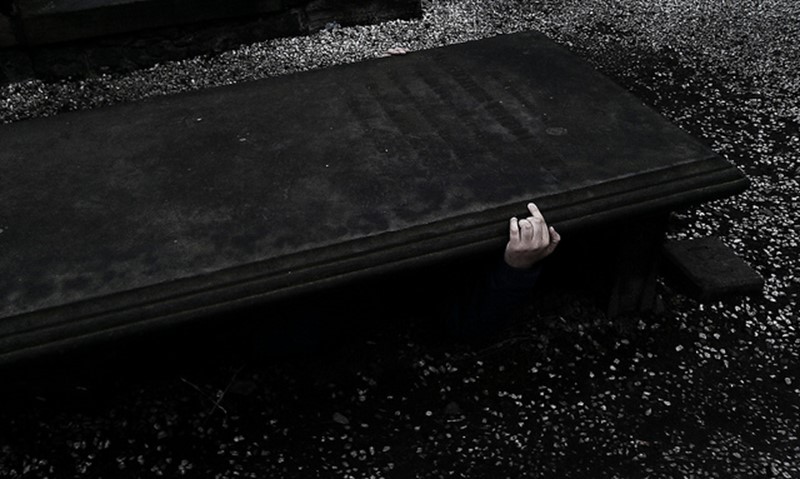
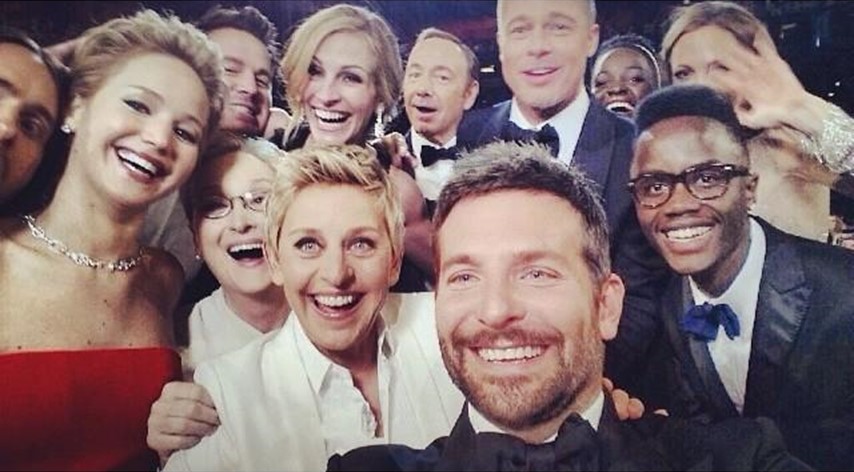
Join the Discussion! (No Signup Required)